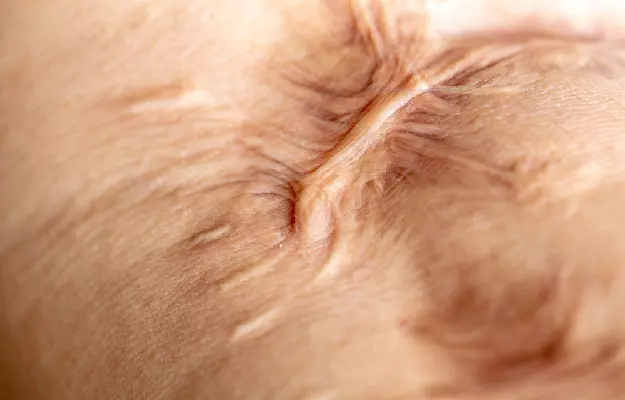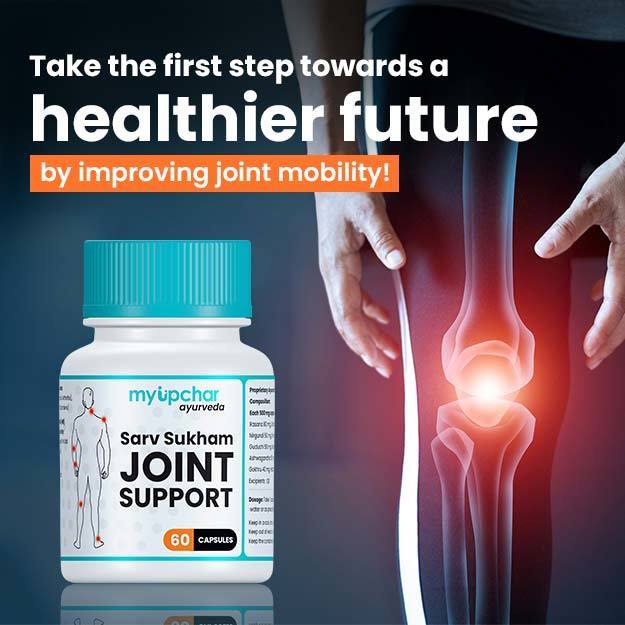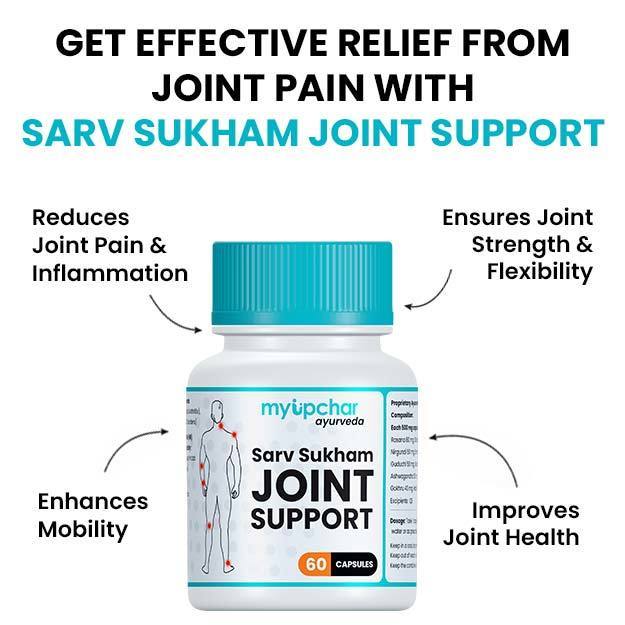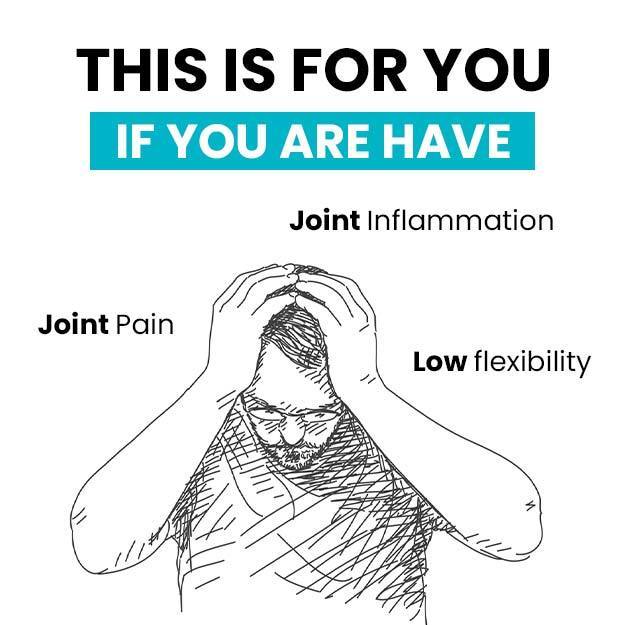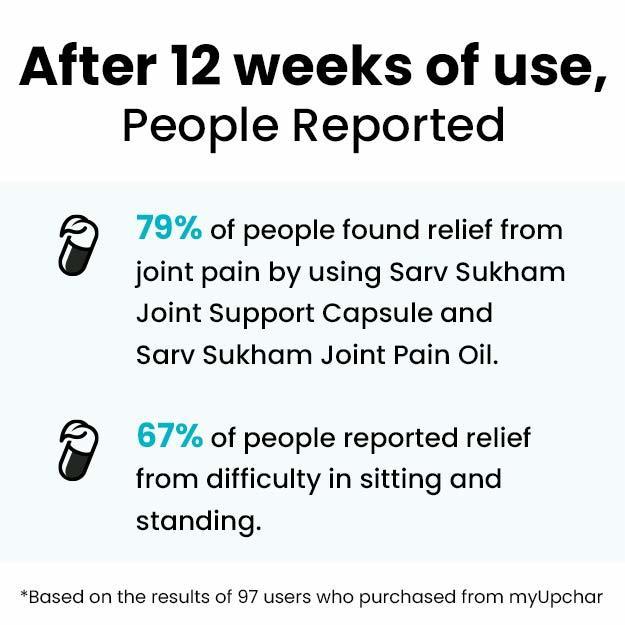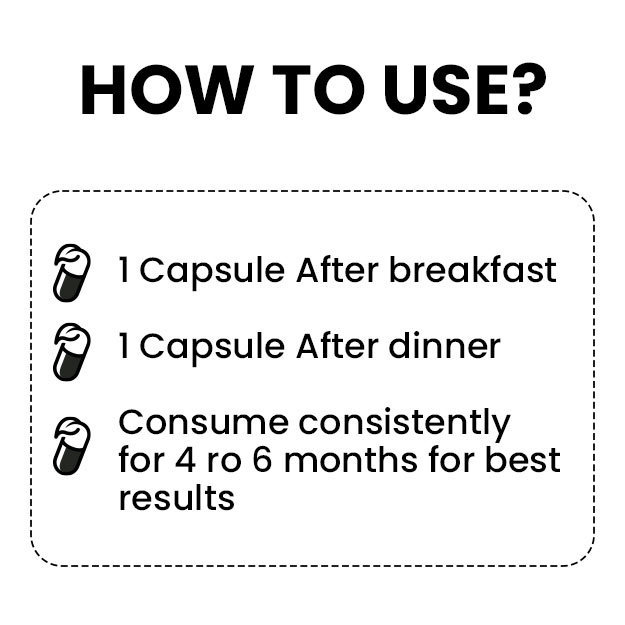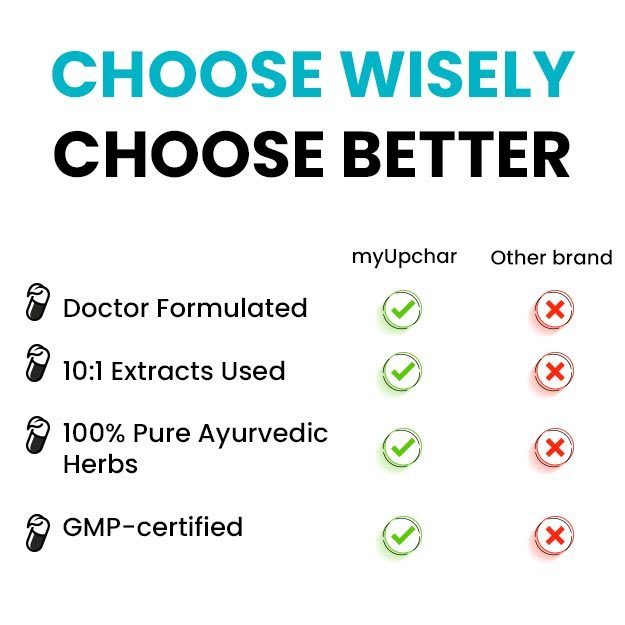“Collagen vascular disease” is the name for a group of diseases that affect your connective tissue. Collagen is a protein-based connective tissue that forms a strengthening system for the skin. Connective tissue is helpful for the health of bones, ligaments and muscles. Collagen vascular disease is sometimes called connective tissue disease. Collagen vascular disease can also be genetic or autoimmune, i.e. due to the body's immune system not working properly. This article deals with autoimmune forms of collagen vascular diseases.
Some disorders, known as collagen vascular disease, affect your joints, skin, blood vessels, or other vital organs, and symptoms vary according to the specific disease.
Read more - (Difference Between Arthritis and Arthralgia)

